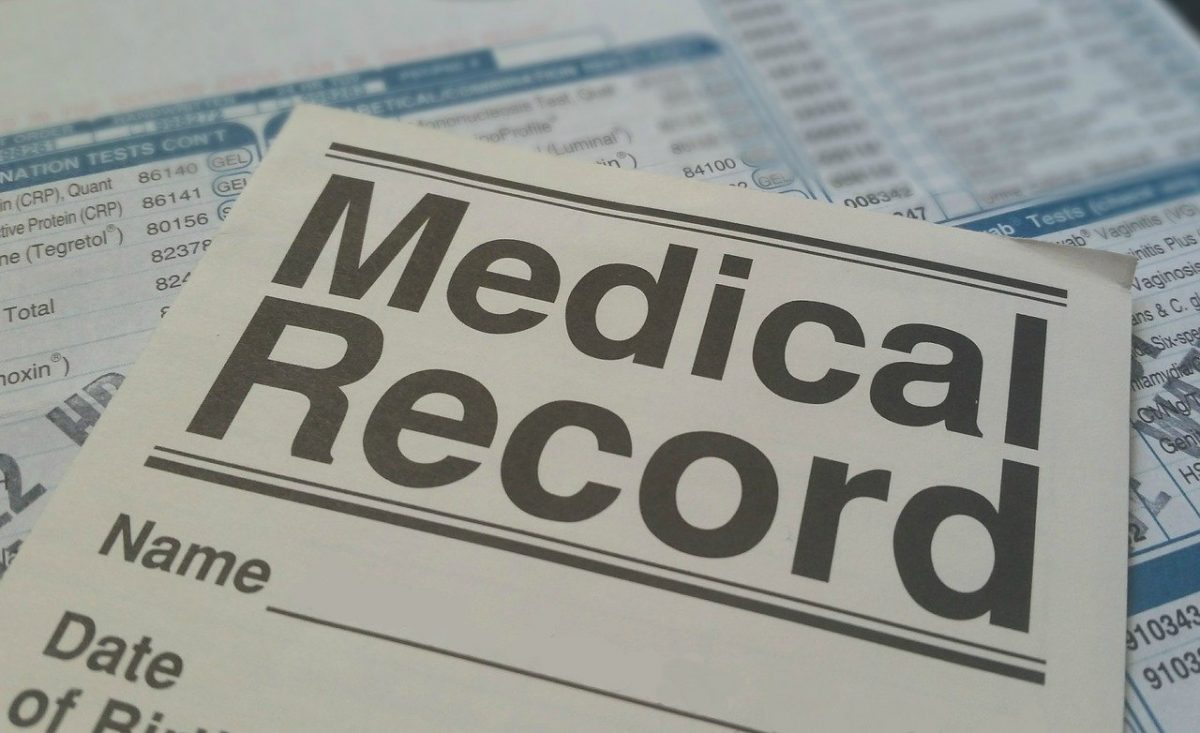When you’re looking for insurance that looks after you physical and mental wellbeing and welfare, you need to be aware of the acute difference between medical insurance and health insurance. These types of insurance aren’t interchangeable, but their respective terms are often used interchangeably, so it’s a good idea to know exactly what each insurance type entails to enable you to find the right coverage from the top health insurance companies.
Medical insurance
Medical insurance is strictly applicable to being hospitalised and any treatments undertaken in a hospital. This means that any aftercare is not accommodated for, leaving it up to you to cover any additional expenses or ongoing treatment outside hospital grounds. It’s a much less flexible option than health insurance, although far better than having no insurance at all.
Health insurance
Health insurance is far more comprehensive, covering your health in totality, from appointments at the GP to aftercare, such as rehabilitation if you’ve had an accident where you’ve been severely injured and any prescription medication. Health insurance is therefore a better choice if you have ongoing health problems, as you don’t have to consider a longer-term financial impact for a pre-existing condition or severe accident or illness.
How do I know which choice is right for me?
Health insurance and medical insurance work for different people, based on factors including:
– Age: health insurance is better for those over 50, who are naturally more susceptible to unexpected illness.
– General health: if you have a history of medical conditions, then it’s wise to get health insurance.
– Financial security: if you’re fortunate to be in a position where your finances are secure, then medical insurance is adequate to cover the basics.
It’s important to note that health insurance also covers the areas that medical insurance policies offer, though it’s worth checking with your provider to ensure that all hospital treatment is covered before you commit to a policy.
Speak to us today
For medical insurance and health insurance in UAE, get in touch with CompareInsurance today to find the policies and insurers that suit your health needs.









